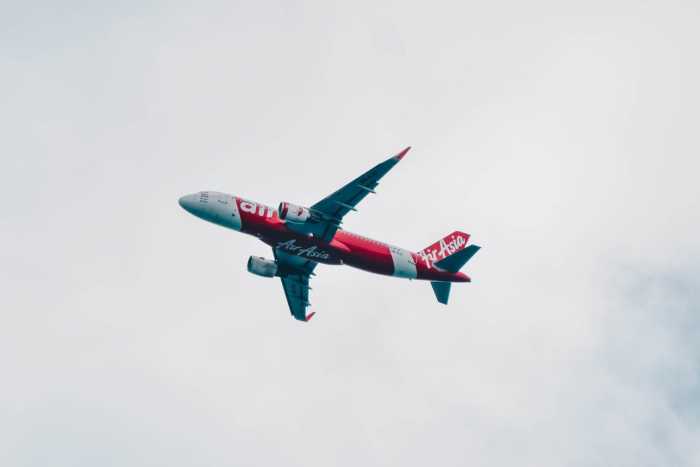
THAI Wants to Export Baked Goods and Curry Sauces to China and Japan
13th Sep 2016

Thai Airways International (THAI) has found a very tasty way to increase its revenue. The Thailand-based carrier is planning to start exporting frozen baked goods and cartons of curry sauces to China and Japan under its Eurng Luang brand.
THAI also plans to export dishes such as tom kha gai, krapao and pad Thai, also in frozen form, to China and Japan customers.
When it comes to China, THAI will first look to market its catering products to Shanghai and, if the customers there like them, the Thai-based airline will expand the sales to other Chinese cities as well.
THAI Catering Director of Marketing Development Varangkana Luerojvong said gaeng kiew wan is especially well liked with Japanese consumers and are right now negotiating to put it on the supermarket shelves in Japan.
As for China, Ms Varangkana said that it is a huge market for Thai Airways’ products, even with certain trade restrictions in place at the moment.
According to Ms Varangkana, THAI Catering will focus on outside catering business right now and is also planning to open more Puff&Pie bakery outlet branches, mainly in state agency compounds.
Right now, THAI is looking to purchase a vehicle and turn it into a food truck in order to increase its food and drinks point of sales. If it does well with the first vehicle and business starts off, THAI plans to procure more.
THAI Wants to Increase Revenue From Catering by 3-5% From 7B Baht in Last Year
THAI’s last year’s revenue from catering business was 7 billion baht. Ms Varangkana said that she expects the unit to increase that revenue this year by between 3 per cent and 5 per cent compared to 2015.
THAI’s catering service currently supplies around 60 aircraft.
Recently, the airline posted a 2.91 billion baht second quarter net loss for 2016, after recording a 5.99 billion baht net profit in Q1 of this year. THAI’s Q2 losses in 2015 were 12.75 billion baht.
The airline is also hoping to finally start its much anticipated A350-operated international flights in October. The carrier planned to kickoff Bangkok-Melbourne flights with Airbus A350 aircraft this month, but a series of regulatory delays prevented the debut.





